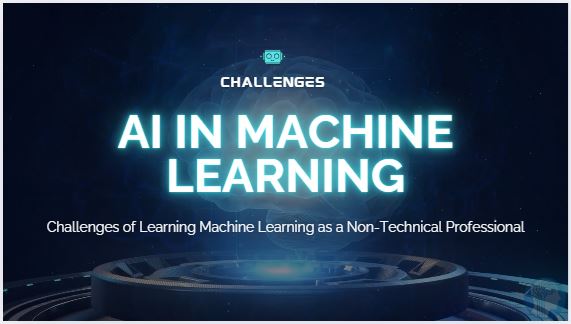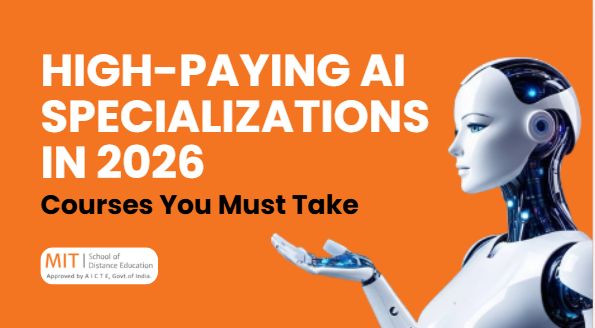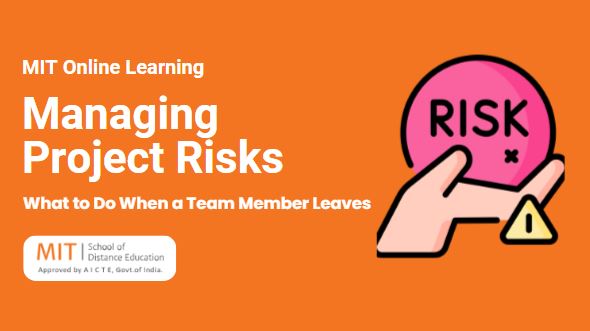
Machine learning (ML) and artificial intelligence (AI) are transforming industries, driving innovation, and creating new career opportunities. For non-technical professionals, transitioning into this field can be exciting yet challenging. While the potential rewards are immense, the journey often involves overcoming steep learning curves.
In this blog, we’ll explore the common challenges faced by non-technical learners and how they can tackle them with the right approach and resources.
1. Lack of Technical Background
One of the biggest hurdles for non-technical professionals is the lack of foundational knowledge in mathematics, statistics, and programming—core components of AI and machine learning.
Solution:
- Start with Beginner-Friendly Courses: Opt for machine learning online courses that cater to beginners, emphasizing concepts over complex equations.
- Learn Programming Gradually: Python is the most popular language for ML. Many AI and ML courses include Python tutorials tailored for beginners.
- Focus on Practical Applications: Hands-on projects in AI ML courses can help bridge the gap between theory and practice.
2. Understanding Complex Algorithms
Non-technical learners may find algorithms like neural networks, decision trees, and support vector machines overwhelming.
Solution:
- Choose Simplified Explanations: Many machine learning certifications focus on intuitive explanations and use visual aids to demystify algorithms.
- Use Tools and Platforms: Platforms like Google Colab and TensorFlow make it easier to experiment without needing an in-depth understanding of the backend.
- Enroll in a Machine Learning Training Program: A structured machine learning course ensures gradual exposure to complex topics.
3. Data Handling Skills
ML heavily relies on data, and understanding how to collect, clean, and preprocess it is essential. For non-technical professionals, this can feel like venturing into uncharted territory.
Solution:
- Learn Data Basics: Many AI ML courses introduce data handling concepts step by step.
- Use Pre-Built Datasets: Start with curated datasets available in machine learning online courses to practice skills without diving into raw data.
- Focus on Tools: Familiarize yourself with tools like Excel, Tableau, and Python libraries (e.g., Pandas, NumPy) that simplify data management.
4. Time Management
Balancing a full-time job with learning AI and machine learning can be challenging, especially for professionals juggling other commitments.
Solution:
- Flexible Learning Options: Opt for a machine learning online course that offers self-paced learning.
- Set Realistic Goals: Break down your learning into manageable milestones. For example, aim to complete a module per week.
- Join a Community: Collaborative learning through forums or study groups in AI ML courses can keep you motivated and accountable.
5. Fear of Failure
Non-technical learners may feel intimidated by the technical jargon and worry about failing to grasp advanced concepts.
Solution:
- Embrace the Learning Curve: Understand that everyone struggles initially, and persistence is key.
- Start with Certification Programs: A machine learning certification can provide structured guidance and validation of your skills.
- Focus on Incremental Wins: Celebrate small victories, like successfully building your first model or completing a project.
6. Keeping Up with Rapid Developments
The field of AI and machine learning evolves rapidly, making it challenging to stay updated.
Solution:
- Stay Connected: Follow industry blogs, podcasts, and webinars related to AI ML courses and certifications.
- Upgrade Your Skills: Regularly enroll in advanced machine learning training programs or attend workshops.
- Leverage Lifelong Learning Platforms: Platforms like Coursera and Udemy offer updated AI ML courses to help you stay current.
7. Choosing the Right Course or Certification
With so many AI and ML courses and certifications available, selecting the right one can be daunting.
Solution:
- Assess Your Goals: If you’re looking to build foundational skills, choose a beginner-friendly machine learning course. For career advancement, opt for a recognized machine learning certification.
- Check Course Content: Ensure the program covers practical applications and includes hands-on projects.
- Consider Flexibility: A machine learning online course allows you to learn at your own pace without disrupting your professional life.
Conclusion
While learning AI and machine learning as a non-technical professional has its challenges, the journey is highly rewarding. By leveraging beginner-friendly AI ML courses, structured machine learning certifications, and practical projects, you can develop the skills needed to thrive in this field. Embrace the learning process, stay consistent, and unlock the transformative power of machine learning for your career.
Are you ready to embark on your ML journey? Start today with the right machine learning training and open the door to endless possibilities.


